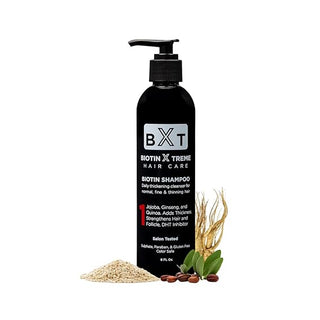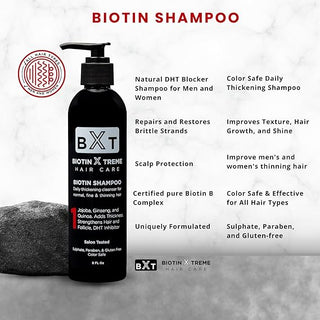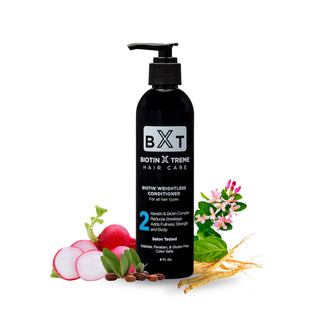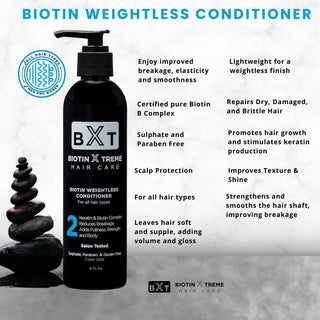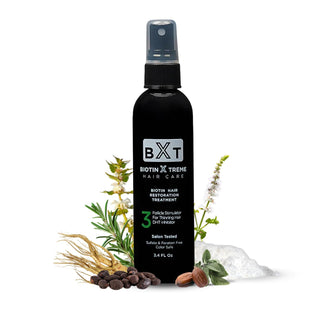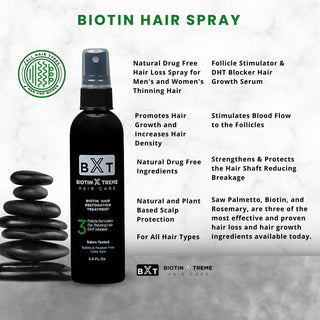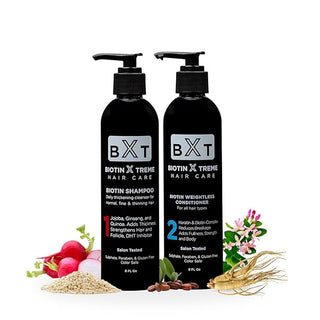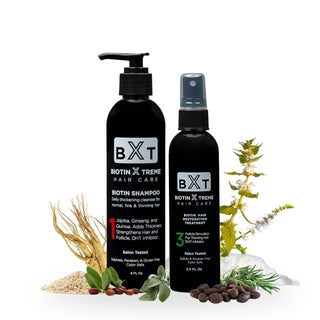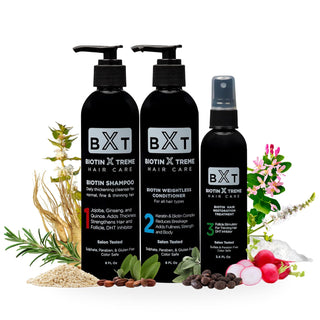With the spread of popular science, people are realising that the more drug free products they consume, or apply on their bodies, the better it would be, instead of overloading on chemicals. This in itself is a good development, and we are going back to the natural ways of our forefathers. But the risk with this is that many people adopt the mantra of ‘drug free’ just to keep up with the trends they see around them. They do not actually get into the depth of why certain drugs and not good for them and why they should be avoided.
Take the case of shampoos and hair conditioners, for instance. There are so many products available today. Some claim to make your hair shinier and bouncier, while others say they would stop hair loss by stimulating hair growth. Most of these products are full of chemicals, but there are also some good drug free hair growth shampoo and conditioner products available. The purpose of this blog is to make you aware of three of the most harmful and harsh class of chemicals you should avoid, so that you can check if they are indeed absent from the drug free hair growth conditioner you are buying.
- One of the most common chemical ingredients in traditionally manufactured shampoos and conditioners are different kinds of sulphates. Some examples are SLS (sodium lauryl sulphate) and SLES (sodium laureth sulphate). These chemicals are mostly used as surfactants and foaming agents, which gives you the bubbles and foams of a typical shampoo. But the problem with these chemicals is they are said to cause skin irritation. More worryingly, they produce substances like nitrosamine, which are said to be possible carcinogens.
- Another class of chemicals commonly used in shampoos and conditioners is called parabens. On the positive side, these chemicals do have antibacterial and antifungal properties. But they are also said to be the reason for disruption in hormone functions. Like the sulphates we discussed earlier, these chemicals are also suspected to be carcinogenic in nature, and sometimes cause the onset of early puberty in girls.
- Phthalates are commonly used in commercially produced shampoos and conditioners for their plasticizing function. Remember how in some shampoos you use; the fragrance seems to linger on your hair till long after you have come out of the shower? Well, the reason for that was the liberal use of phthalates in those shampoos or conditioners. That is the happy side of the story. But phthalates are also suspected to be potential carcinogens.

